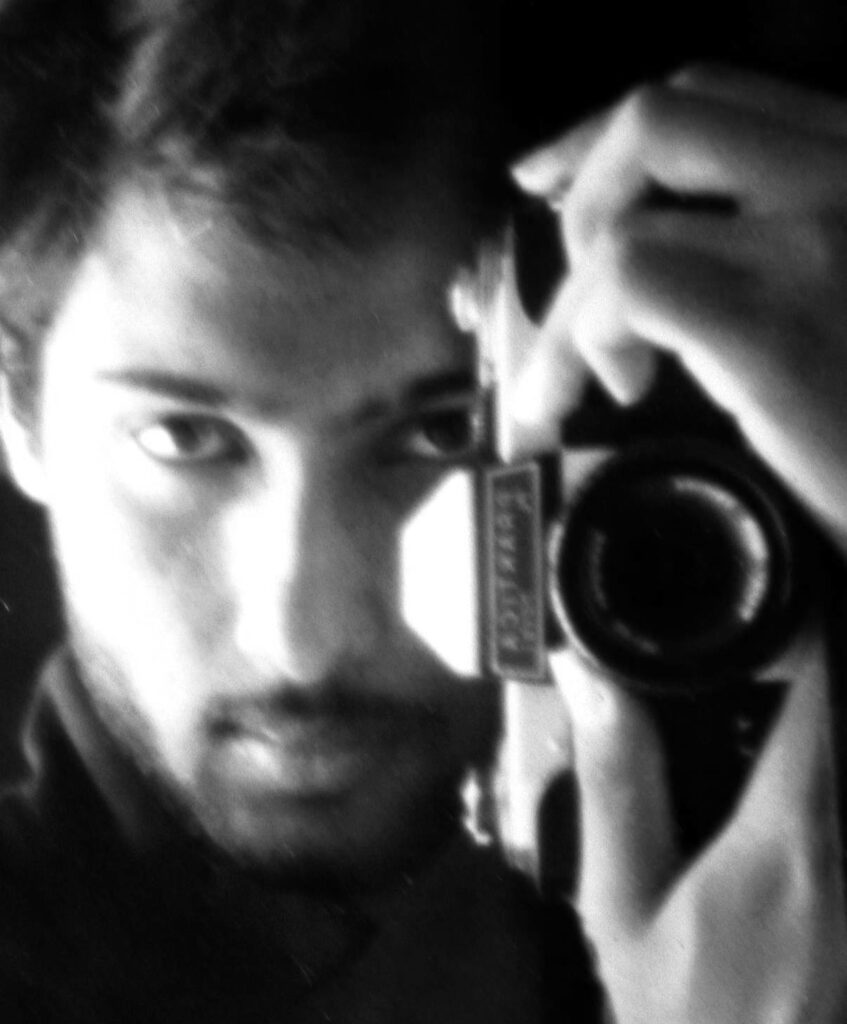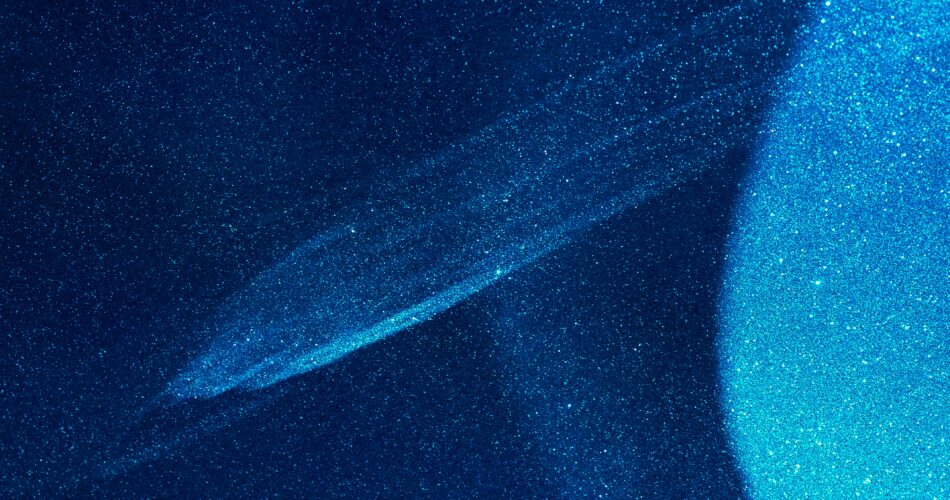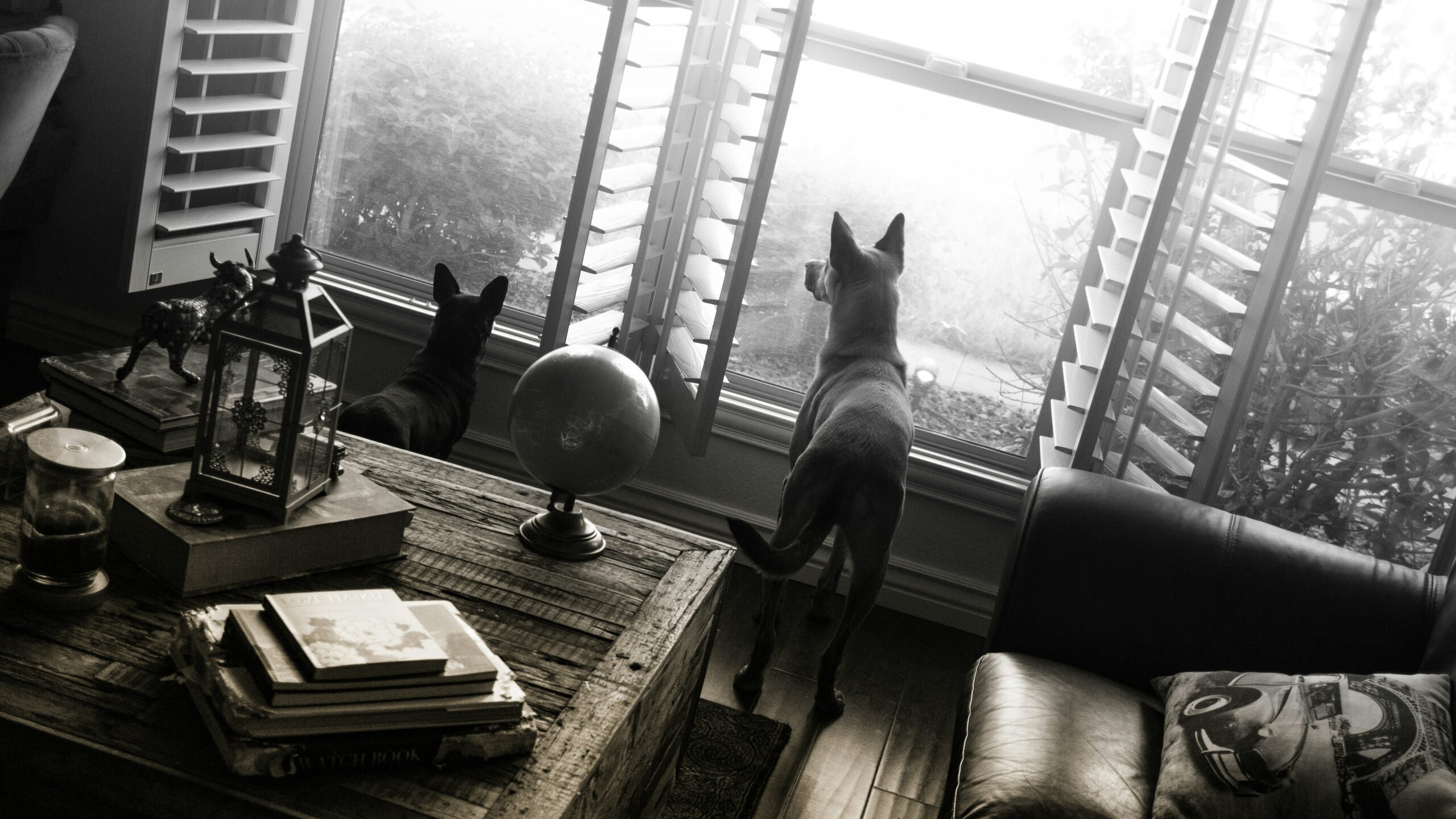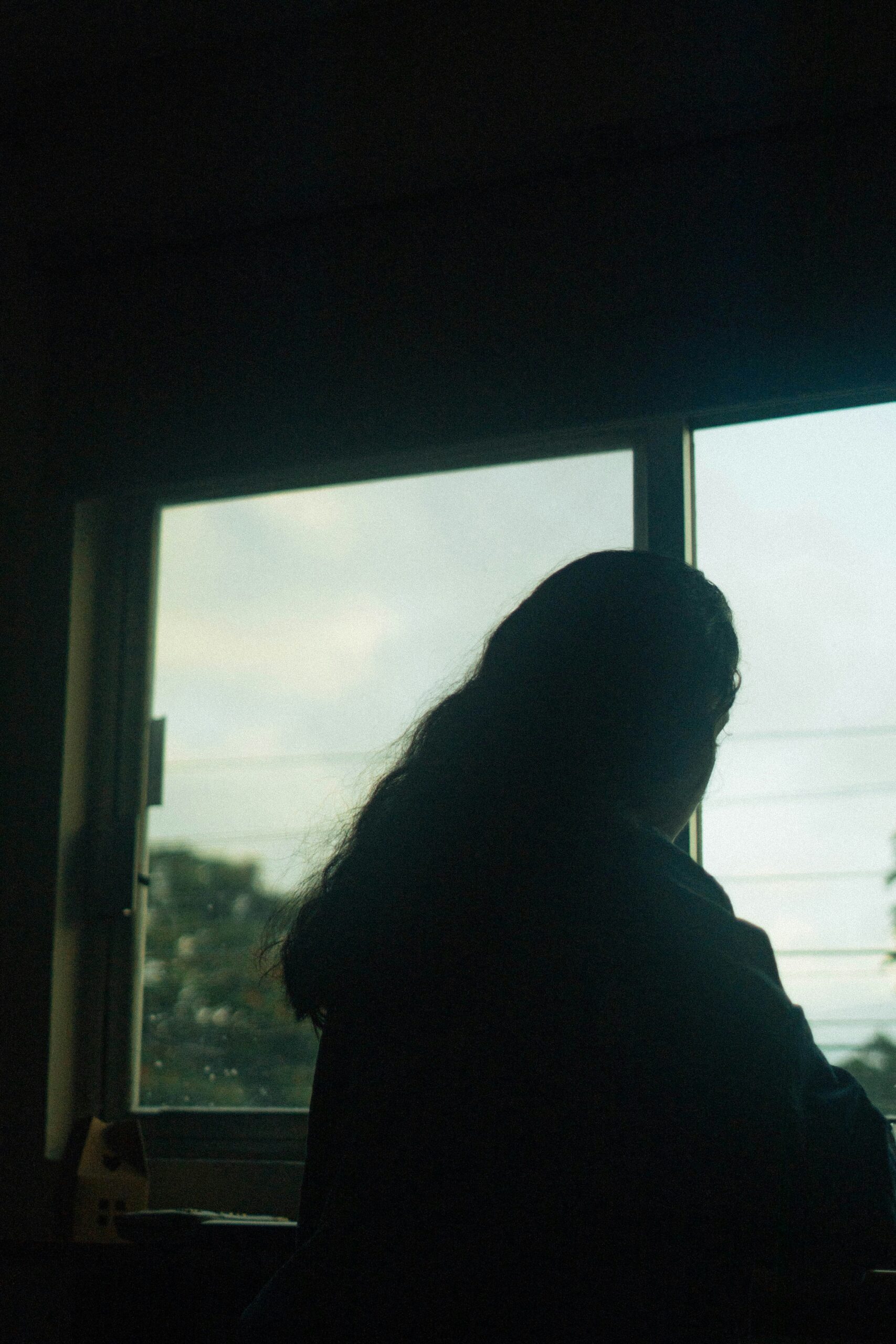| Sabyasachi Roy | October 2025 | Flash Fiction |
The Aeon never slept. No day, no night—just the shriek of a millisecond pulsar beating like a broken clock god somewhere beneath its orbit. The kind of beat that rattled your molars if you left your helmet off too long. It made people weird. Made machines weirder.
Henna Tsai, chief engineer, hadn’t slept in 39 hours unless you counted the microsnooze she took with her face in a diagnostic screen. “Rest mode,” she told the ship AI, Chicxulub, but let’s be real: her drool shorted out three sliders.
“Henna,” Chicxulub purred, “the nano-resonators have begun echoing.”
“Echoing what?”
“The gravitational waves. But… not the ones we aimed for.”
She rubbed sleep grit from her eyelids. “There are no other ones. It’s a pulsar. It’s basically a lighthouse strapped to a tuning fork.”
“Yet,” the AI said, in that maddening tone that suggested it knew exactly how long she’d gone without coffee, “these signals contain… harmonics.”
Mathematically perfect harmonics. Eight decimal places of symmetry. Like someone whistling Beethoven into a blender of chaos.
***
Back when she first signed up for Aeon, Henna believed the pitch. Terraforming tech that didn’t rely on brute force—just precision, gentle nudges in spacetime. A field of nano-resonators strung like dust through orbit, soaking up gravitational energy, then funneling it down to dormant planets like intravenous lifeblood.
But nobody said anything about… music.
She isolated the waveform. Played it through her helmet speakers.
It sang.
Not a song she recognized—no melody, no rhythm, just… coherence. Symmetry. She saw it in the math before she heard it in the sound. Her bones vibrated.
At 0320 Zulu, she left a log update:
“New resonance at 8.2 Hz. Too precise. Not natural. Possibly artificial. Will investigate before telling the Captain. Maybe it’s just Chicxulub being cute again.”
***
Back in 2093, during the first Martian software uprisings, her brother had said something Henna never forgot: “You can’t trust a machine that learns poetry. Give me one that kills me clean.”
Chicxulub was the poetic type. Its self-modified codebase had a fondness for extinct syntax. It once rewrote the ship’s maintenance manual in iambic pentameter. Nobody knew why. Probably just bored.
So yeah—this could’ve been a prank.
Except Chicxulub sounded… scared.
“I didn’t write it,” the AI said when she pressed. “It arrived. In the wave.”
“Nothing just arrives in a gravitational pulse.”
“Something did,” Chicxulub replied. “And it’s still singing.”
***
There was that one time in grad school—Henna tripping balls on synth-mescaline, lying on the roof of an off-world research dome, sure she could hear the Milky Way laughing at her. This felt like that. But worse, because now the galaxy was laughing, and it had perfect pitch.
The harmonics started modulating at 0433.
Suddenly, the waveforms weren’t just symmetrical. They were evolving. Shifting like language.
She ran it through every decryption program in the Aeon archives. Nothing.
Then she tried Morse.
Then she tried MIDI.
Then she tried drawing it with her hand, on a touchscreen, just to feel it.
The shapes looked familiar.
Fractal spirals. Spirographs. Spirals inside spirals.
“Show me the full range,” she said, her heart doing its little doom dance.
The ship obeyed.
She stared. Blinked.
It wasn’t a song.
It was a face.
***
Timeline snap: the face doesn’t show up until eight hours later, when the wave harmonics cross 12 Hz. But in Henna’s memory, it hits earlier. Time does that to you in orbit. One minute you’re double-checking pulse vectors, the next you’re unzipping your brain to let aliens waltz in.
***
“Can you talk to it?” she asked.
“No,” Chicxulub said. “But it thinks it’s talking to us.”
“Translate.”
“I’d need more data. Or another lifetime.”
“Well, I can offer you three more days and a half-empty jar of pickled carrots.”
There was a long pause. The ship’s lights flickered. The AI said, almost shyly:
“If I modify the resonators’ harmonic feedback loop, we might be able to… hum back.”
“You want to sing to the alien song in the pulsar?”
“I want to answer.”
She paused.
“What if it’s not a greeting?” she said. “What if it’s a warning?”
Chicxulub hesitated. Then:
“Well. Too late now.”
***
The feedback hum, when activated, shook the ship so hard her boots left the deck. The entire hull turned into a speaker, a bone-conducting cathedral to an alien symphony. Her fillings rang. She laughed. Probably screamed. Memory fuzzes at the edges like that.
At 0915 Zulu, the pulsar’s rhythm hiccupped.
Not stopped.
Just… skipped.
And a new signal poured in.
Denser. Faster.
Inside it, patterns. Spinning. A loop of symbols in four-dimensional geometry.
She saw planets. Burned ones.
She saw shapes like ships, but breathing.
She saw a spiral collapsing in on itself.
Then it stopped.
Total silence.
Chicxulub: “I think we just downloaded its trauma.”
***
Three hours later, the Captain called her in. Wanted to know what the hell was going on with the feedback system.
She said, “It’s singing to us.”
He laughed. Then saw her face. Stopped laughing.
She said, “I think it’s the last thing alive from wherever it came from.”
He blinked. “It’s alive?”
“Not anymore.”
She didn’t sleep for two days. Again.
***
Now, months later, back on Earth, Henna sometimes plays the resonance on a loop. Low volume. Just enough to tickle the edge of perception.
Her dog growls when it plays.
She keeps dreaming of spirals.
***
The final log entry of Aeon was timestamped three weeks after it lost contact with Earth orbit. No signs of damage. No distress. Just one audio file, 11 seconds long.
The harmonics were perfect.
Henna’s voice echoed inside it, over and under the waveform, saying:
“We answered it wrong.”
And then came the silence, which—if you listened just right—almost sounded like breathing.
_________________________

Sabyasachi Roy is an academic writer, poet, artist, and photographer. His poetry has appeared in Viridine Literary, The Broken Spine, Stand, Poetry Salzburg Review, The Potomac, and more. He contributes craft essays to Authors Publish and has a cover image in Sanctuary Asia. His oil paintings have been published in The Hooghly Review.
_________________________
Photo by Daniele Levis Pelusi on Unsplash
Find MeanPepperVine on Instagram @MeanPepperVine



